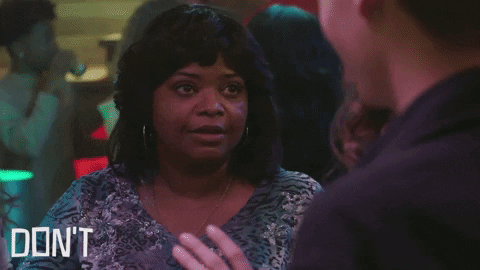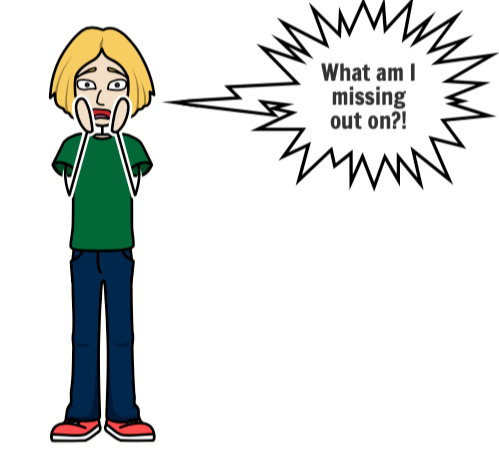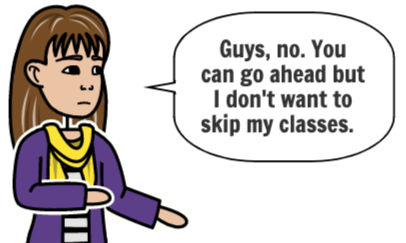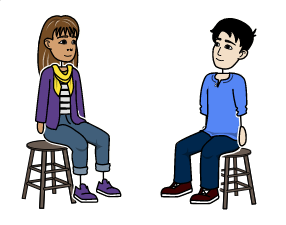Imagine...
It's a Friday afternoon at school. While Kelly is getting ready to go to history class, her friends say, "We're skipping today to see the new Star Wars movie. That class is a snoozefest anyway."
Kelly really doesn't want to miss her class, but her friends pressure her to join them.
Kelly thinks she has two choices:
Skip school and "fit in."
Not skip and be "left out."

Do you think she really has two choices in this scenario?
What Is Negative Peer Pressure?
Kelly is experiencing negative peer pressure: the way people of the same social group can influence one another in negative ways.
It's the feeling that you have to do something you don't want to do, or else your peers won't like or respect you. It could be about:
drinking alcohol
trying drugs
skipping school
wearing clothes you don't like
fighting or bullying someone
any other negative behaviors
Does this sound familiar?

If your answer is yes, then you're familiar with negative peer pressure, but it happens in both direct and indirect ways that can be hard to spot.
Identifying the type of peer pressure you may be experiencing can help you:
understand how friends can influence decisions
learn how to cope with their negative influence
Quiz
Peer pressure entirely disappears in adulthood because adults are mature people.
Direct
Direct negative peer pressure is your friends directly asking you to do something, just like in Kelly's situation! It's a powerful form of peer pressure because it's hard to resist.
Remember that Kelly is afraid of ridicule and losing her friends if she doesn't skip school. This type of pressure makes her feel guilty about her decision and can lead to confrontation with her peers.

Indirect
Indirect negative peer pressure is subtle but still powerful enough to influence your decisions. There's an unspoken pressure on you to do the same things as your peers in order to fit into the group.
It sounds easier to resist, but it's just as difficult because you may feel "uncool" if you don't follow your peers. When all your friends are wearing the same brand of shoes, you have to go out and buy a pair whether you like them or not, right?

4 Ways To Handle Negative Peer Pressure
Saying “no” and meaning it isn't easy. So why not practice telling others that you don’t want to do something?
Be assertive without being aggressive
Act calm and confident
Make eye contact
Say what you want clearly and politely
Stay firm in your decision

Offer alternatives
You may hesitate to say no because you think you'll be unpopular with friends. A helpful strategy is to offer positive alternatives.

Kelly: Hey, we have a big history exam coming up. Why don't we go to this class and see the movie over the weekend?
Walk away
Sometimes it's better to make an excuse and leave, especially in situations that could put you in danger. Having a canned excuse and throwing some humor in might be a good idea! For example, if you're pressured to drink alcohol, you might say, "My mom is picking me up. I don't want to be grounded for life!"
Take Action
Kelly really does have more than two choices! And so do you.
The reality is everybody experiences negative peer pressure. Instead of making snap decisions, you can think through options without giving in to peer pressure.
To handle negative peer pressure:
Most importantly, build friendships with the right people who have your best interests at heart!
Learn more about other types of peer pressure in this Byte!
Your feedback matters to us.
This Byte helped me better understand the topic.
